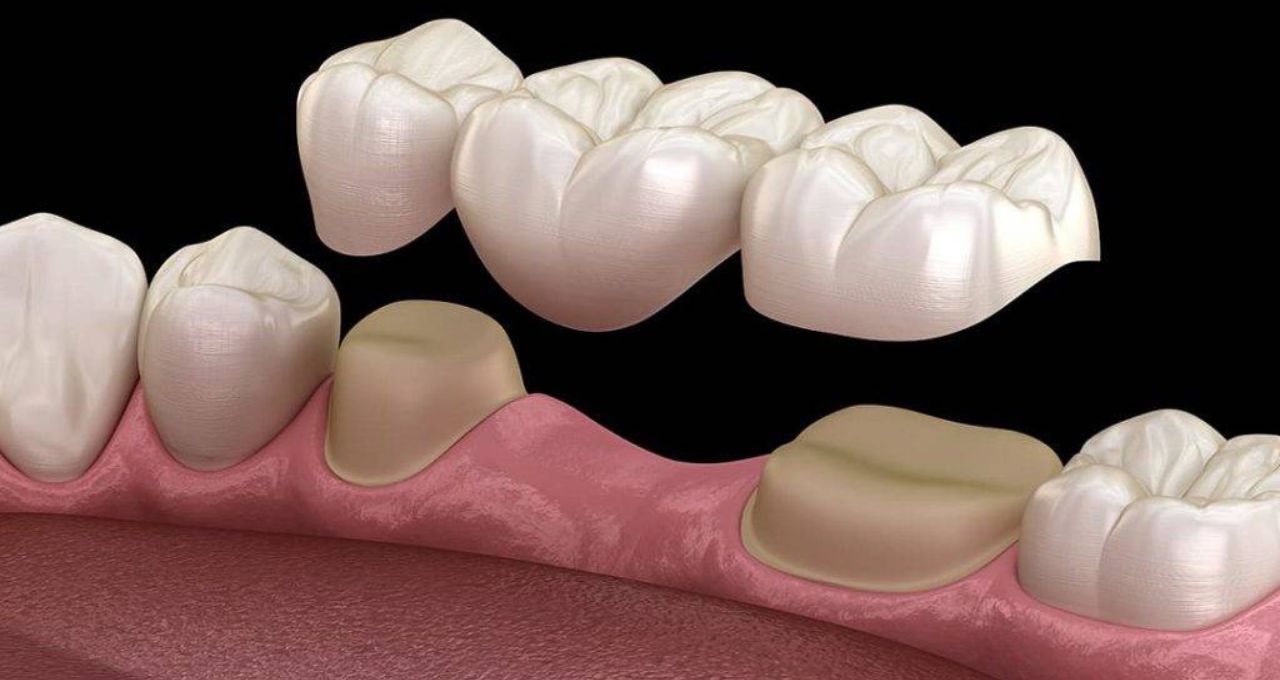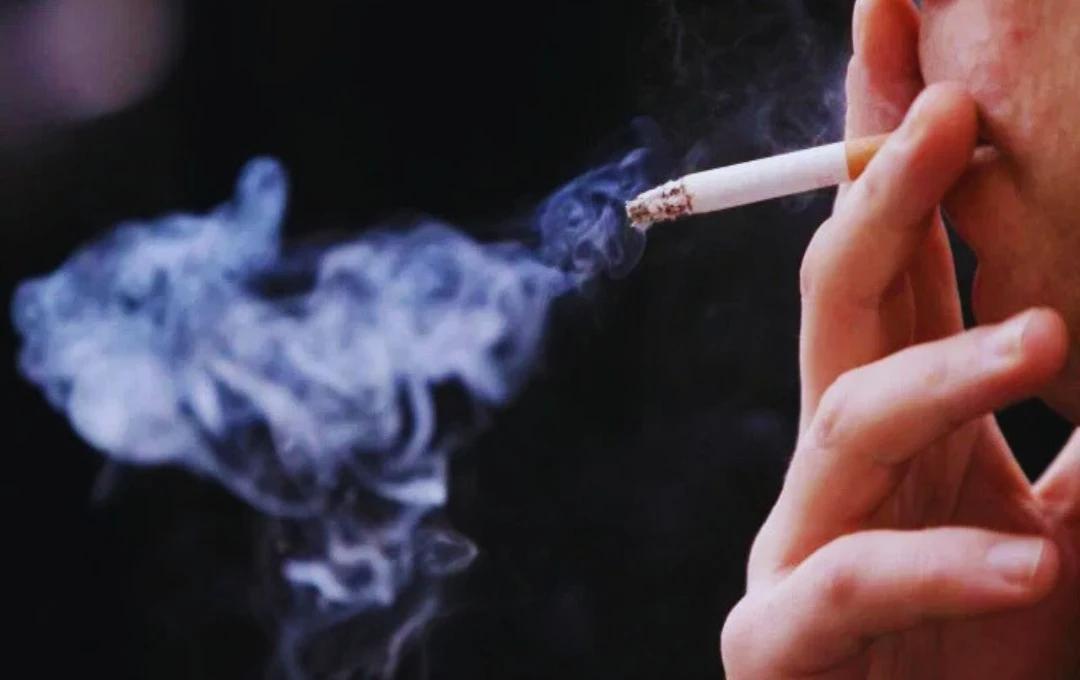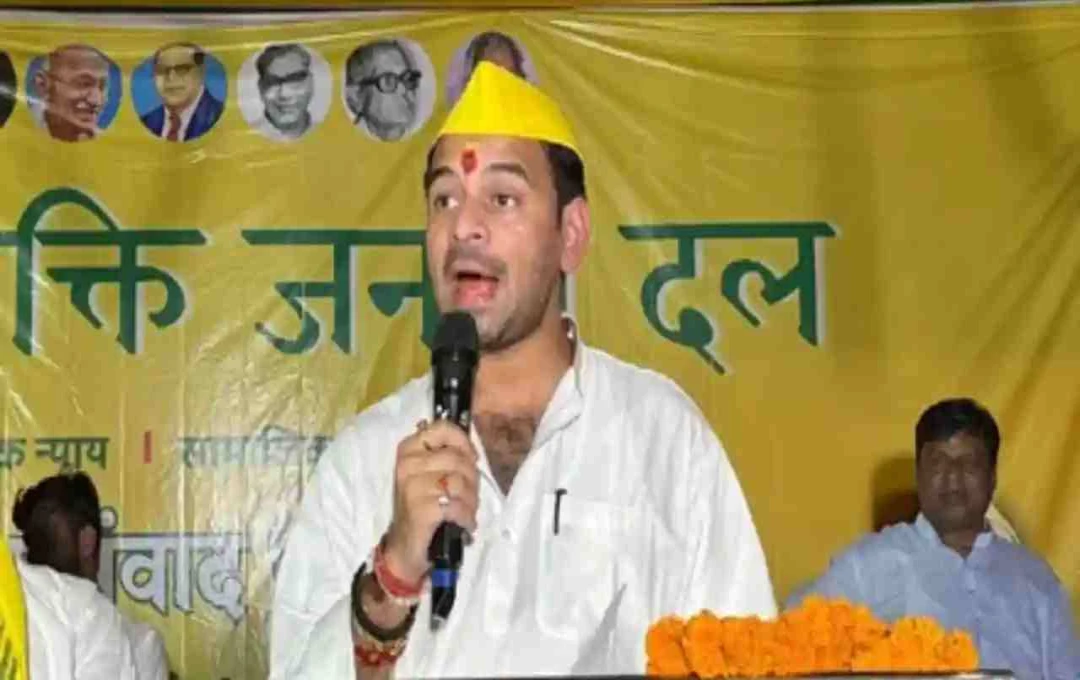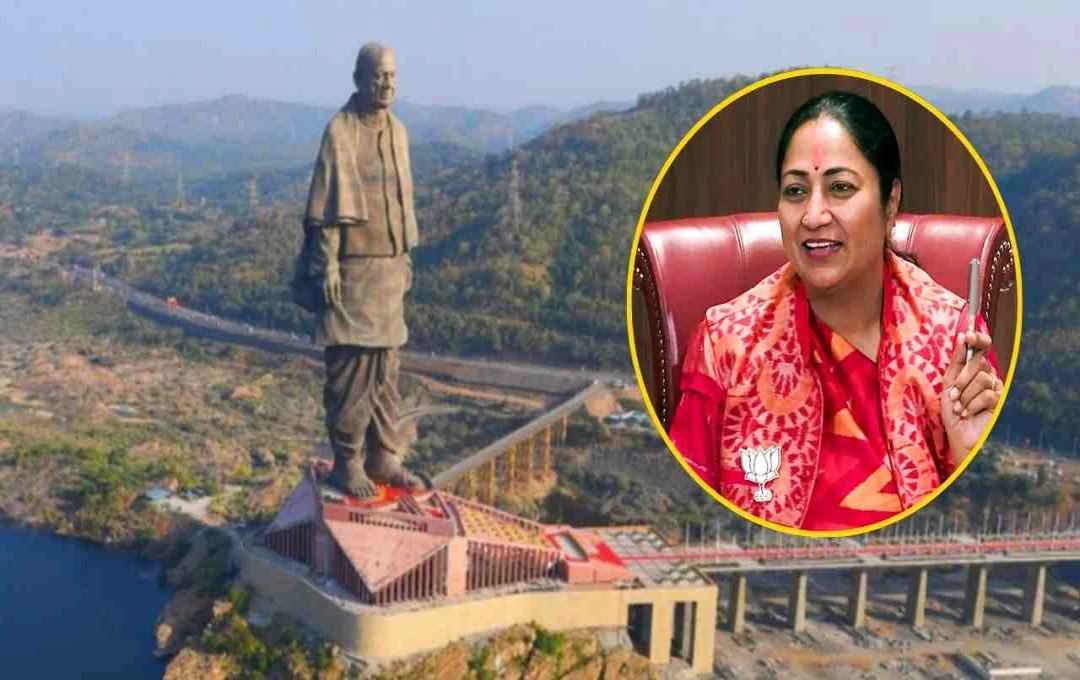Researchers at AIIMS-Bhopal conducted a large-scale oral health survey in Madhya Pradesh. It revealed that in urban areas, 1 in 15 children consume tobacco, and 85% of people over 60 years old require dentures. This data will be crucial for the state's health policies.
Bhopal: A local oral health survey was conducted on over 48,000 people across 41 districts of Madhya Pradesh. The survey revealed that in urban areas, approximately 1 in 15 children aged 12 consume tobacco, while the majority of people over 60 years old require dentures. This survey is the first WHO standards-based data bank in the state since 2002, which will assist local administration and policymakers in improving the district-wise oral health status, disease management, and health services.
Growing Concern of Tobacco Use Among Children
Dr. Abhinav Singh, lead researcher at AIIMS-Bhopal, stated that this figure is extremely concerning for health. 'Tobacco consumption not only affects the development of teeth and gums but also increases the risk of oral cancer and other serious diseases. This habit in children can affect their lives in the long term.'
Experts say that awareness programs are needed in schools and families to prevent the increasing trend of tobacco use among children. Additionally, strict rules and monitoring are also necessary at the government level.
Increasing Dental Problems in the Elderly

According to the survey, approximately 85% of the elderly above 60 years of age require dentures, while in some districts this figure has reached 100%. Dr. Singh stated that for the first time in India, a WHO standards-based oral health data bank has been created for Madhya Pradesh. This data will collect information on the district-wise oral health status, infrastructure, and government services.
This data will help in policy and planning in the state. It will help determine which areas need more oral health services and what types of measures should be taken.
New Technology and Necessary Checks in the Survey
131 dental surgeons were given special training for the survey. To maintain the transparency of the survey, a GPS-enabled mobile app was used, which ensured real-time recording of the team's location and survey progress.
Special software was used for data entry and analysis to ensure that the figures were completely accurate and reliable. This survey was much larger and more comprehensive than the last national-level oral health survey conducted in 2002. At that time, only three districts of Madhya Pradesh were included, and approximately 2500 people were assessed.
New Policies for Oral Health Improvement
The survey clearly shows that there is a dire need for oral health improvement in Madhya Pradesh. Experts say that awareness campaigns will have to be conducted in schools and local communities to prevent tobacco habits in children.
Also, affordable and effective dental services need to be made available to the elderly. Dr. Singh said, 'Our goal is not only to collect data but to formulate health policies and plans based on this data, which can bring about real improvement in oral health in the state.'















